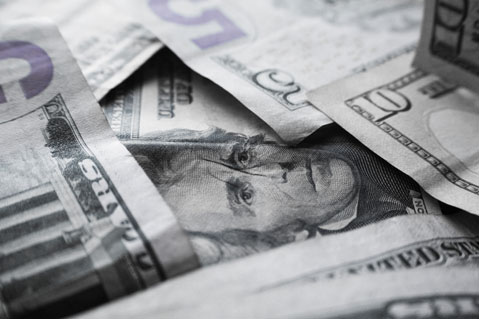News July 07, 2016
Minimum Wage Hikes Go Into Effect
July began with a budget boost for many low-wage workers across the country. Fourteen cities, counties and states – plus the District of Columbia – raised the minimum wage, with increases that go as high as $15 an hour, according to an analysis by conservative Employment Policies Institute.

The July 1 minimum wage hikes are occurring in Maryland, Oregon and Washington, D.C.; Chicago; Los Angeles County, CA; and eight cities in California and two in Kentucky. San Francisco’s minimum wage went from $12.25 to $13 an hour and is set to reach $15 by 2018. Chicago’s jumped from $10 to $10.50 an hour, with a plan to increase to $13 an hour by 2019.
According to the National Employment Law Project (NELP), nearly 30 states, accounting for 60% of the U.S. workforce, now have minimum wages higher than the federal government’s. The federal minimum wage remains at $7.25 an hour, a rate set in 2009.
“Now that the minimum wage increases are accelerating, we’re going to see much bigger gains at the bottom … that will start reversing decades of widening pay inequality,” NELP General Counsel Paul Sonn told USA Today.
Many employers, however, say the flurry of wage increases will damage businesses. The Employment Policies Institute, backed by the restaurant industry, says minimum wage hikes “will kill the job market for young people” and force many companies to take cost-cutting measures that hurt other workers. Michael Saltsman, the institute’s research director, says pay increases in California have already prompted some businesses to close or cut staff.
Earlier this year, California legislators and labor unions reached a deal to gradually raise the state’s minimum wage from $10 to $15 an hour. The change would be in effect by 2022 for large companies and by 2023 for small businesses. New York Governor Andrew Cuomo has also proposed a $15 minimum wage starting in 2019 for New York City and in 2021 for the rest of the state.
